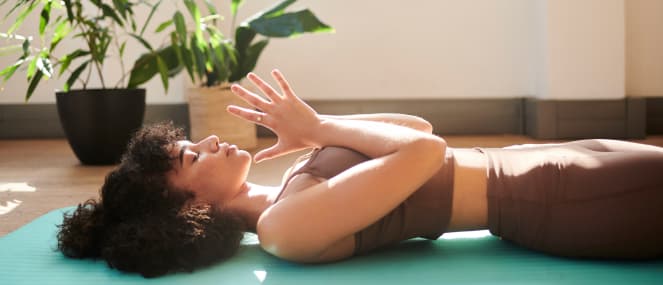
- Health hub/
- Tips & Advice on Improving your Brain Health/
- Memory and sleep in the elderly


Researchers have long been in the dark about the causes behind forgetfulness in the elderly.
But new scientific findings from the University of Berkeley in the US show that disrupted, lighter sleep – which becomes more common as we age – impacts upon the brain’s ability to consolidate memories.
Associate Professor in Psychology at Berkeley, Matthew Walker explains: “When we are young we have deep sleep that helps the brain store and retain new facts and information. But as we get older, the quality of our sleep deteriorates and prevents those memories from being saved in the brain at night.”
These results may help us better understand why older people experience difficulty with tasks such as remembering names, the researchers say.
More specifically, the University says: “The slow brain waves generated during the deep, restorative sleep we typically experience in youth, play a key role in transporting memories from the hippocampus – which provides short-term storage for memories – to the prefrontal cortex’s longer-term ‘hard drive’.”
The findings suggest that in older adults, memories may get stuck in the hippocampus due to a poorer quality of deep ‘slow wave’ sleep, and then become overwritten by new memories.
One Berkeley study revealed that on average, the quality of deeper sleep in older adults (most participants were in their 70s) was 75 per cent lower than that experienced of younger participants (most in their 20s).
Tips to improve sleep quality in the elderly
In an earlier and much-cited study from Japan’s Hiroshima International University, the effects of short naps and exercise on sleep quality in a small group of older adults was tested via two interventions:
- Short naps after lunch – 30 mins between 1 pm and 3 pm; and
- 30 mins exercise in evening – taking place from 5 pm, and including stretching and flexibility exercises
The results showed that “sleep efficiency increased significantly” and “sleep quality had improved”.
Other benefits of the two interventions included less ‘nodding off’ in the evenings and boosted mental and physical health.
How much sleep do older people need?
According to the Mayo Clinic in the US, older adults need between seven and nine hours’ sleep per night – no different from what’s needed by a younger adult.
However, as we get older, sleeping patterns change.
"Older adults tend to sleep more lightly and awaken more frequently during the night than do younger adults. This may create a need for or a tendency toward daytime napping," syas the Clinic.
References available upon request




